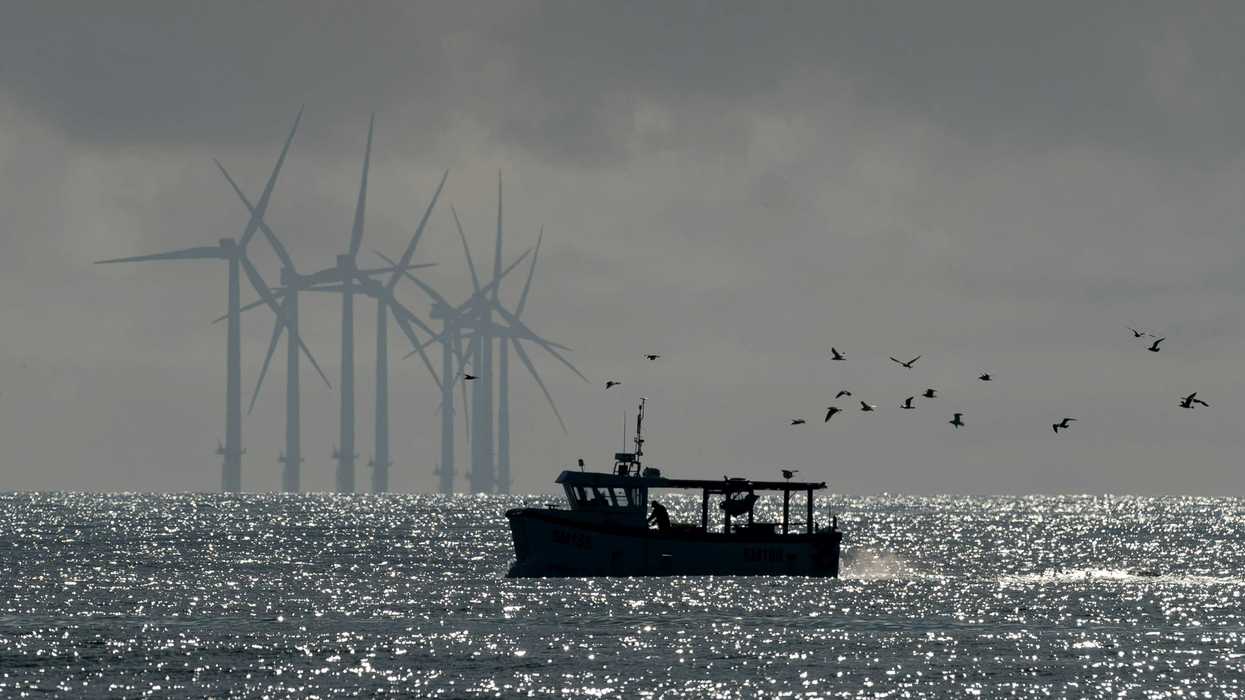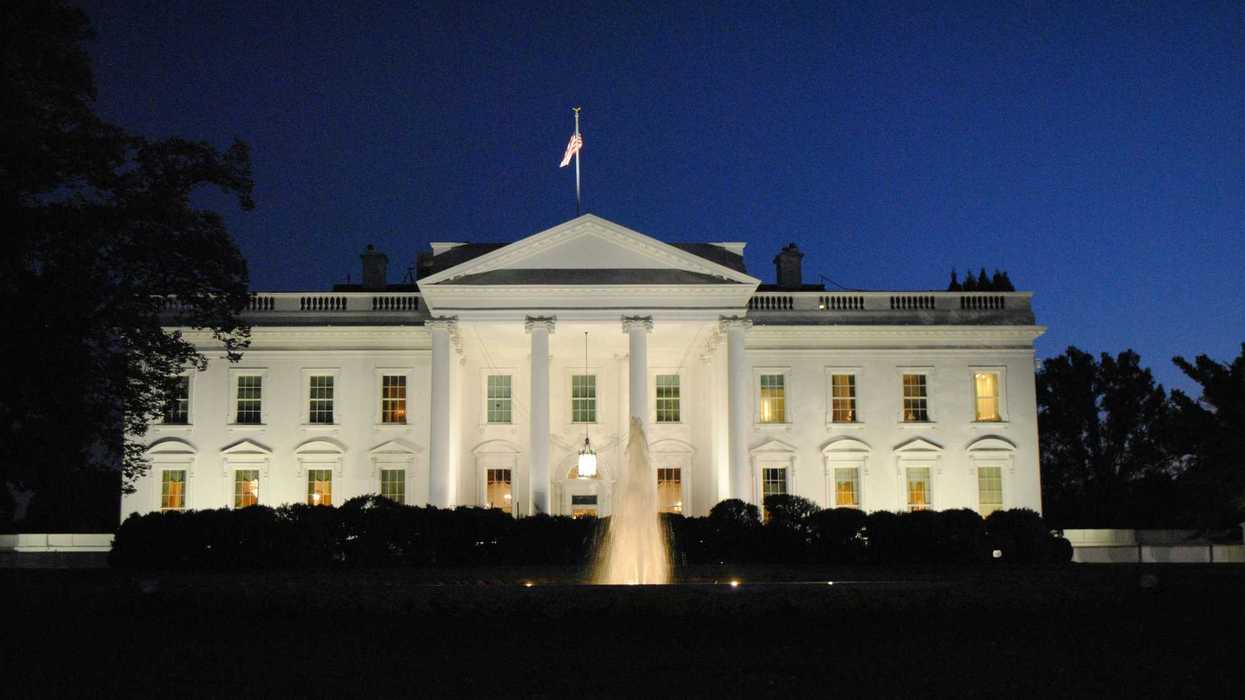The Trump administration has canceled a key National Weather Service training program that prepares meteorologists to respond to disasters, citing budget constraints and travel restrictions.
Rachel Frazin reports for The Hill.
In short:
- The incident meteorologist training was canceled due to staffing shortages and a reduction in employee travel budgets, making it harder to certify new forecasters.
- The National Weather Service, part of the National Oceanic and Atmospheric Administration (NOAA), is losing staff amid broader federal downsizing efforts, with cuts expected across agencies like the Interior Department and the National Park Service.
- Other weather service operations, including the launch of data-collecting weather balloons, have also been affected by budget cuts.
Key quote:
“They’re there to help us make that prediction so we can protect lives and property as incidents evolve.”
— Lynn Budd, president of the National Emergency Management Association
Why this matters:
The role of incident meteorologists — highly trained specialists who provide real-time weather updates during emergencies — has never been more critical. These experts work on the front lines of disasters, from wildfires raging across the West to hurricanes battering the Gulf Coast. Their forecasts help emergency crews make split-second decisions that can mean the difference between containment and catastrophe.
Climate-driven disasters are becoming more frequent and severe, straining emergency response systems already pushed to their limits. If fewer meteorologists are trained, the availability of life-saving weather intelligence could shrink just when it’s needed most. The long-term implications of these cuts remain unclear, but they could ripple across emergency management agencies nationwide.
Read more: Global backlash after mass terminations at NOAA and National Weather Service














